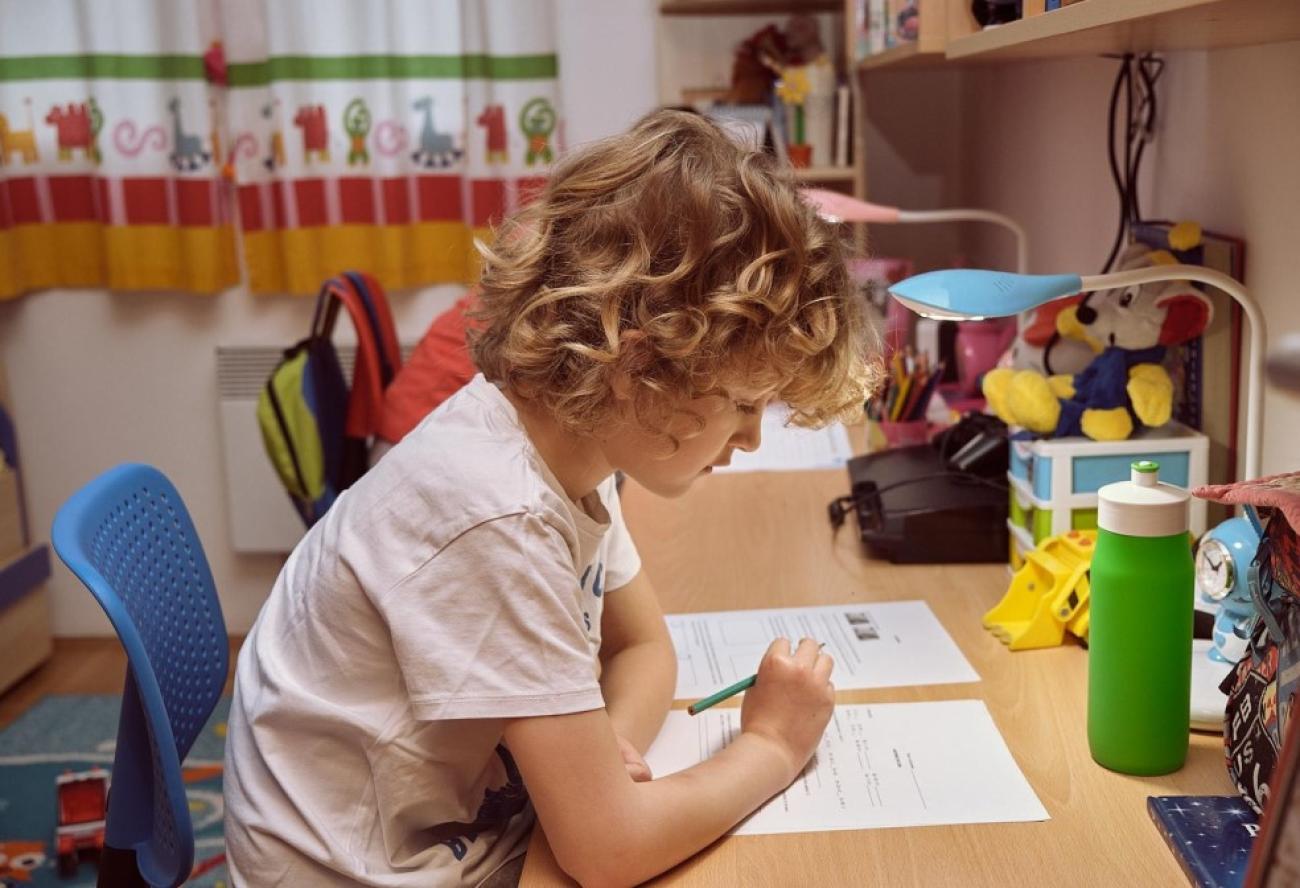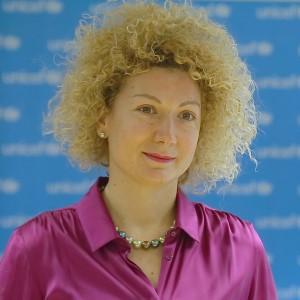PODGORICA, 11 SEPTEMBER 2020 – UN agencies in Montenegro are calling for smart, risk-informed and flexible approaches to the safe reopening of schools. A blanket approach towards opening, or not opening, all schools should be avoided and no single age group should be entirely excluded from classroom-based learning. The decision whether to open a school, and for which grades, needs to be informed by a school-level risk assessment which considers local transmission of the virus in the community, the school’s capacity for risk mitigation and to be made fully respecting the recommendations issued by the responsible health authorities. The result will have to be a blended approach of learning modalities, in or outside classrooms and online, which may vary from school to school. This was one of the key conclusions underlined at the meeting held this week between WHO, UNESCO and UNICEF.
The aim of the meeting was to discuss the UN recommendations for providing safe, quality education for every child in Montenegro during the COVID-19 pandemic, as well as to identify the best ways in which these three UN organizations can support the country to achieve this goal. All three UN agencies discussed these recommendations at a meeting with the Ministry of Education and the Institute of Public Health.
As the situation is not the same in every school and local community in Montenegro, the same model will not work for every school or every child. UNICEF recommends that every school and preschool carry out a risk assessment in consultation with the community and health authorities. This will indicate whether there is sufficient space to avoid overcrowding of students, whether there are sufficient hygiene facilities and how many students and teachers have additional health risks. The assessment should also cover options for outdoor learning, how many students lack a computer or internet access, and the capacity to deliver quality and inclusive online learning, among others in the building, if there are options for outdoor learning, how many students and teachers have health risks, how many students lack a computer or internet access, and the school’s capacity to deliver quality and inclusive online learning, among other things.
Juan Santander, the UNICEF Montenegro Representative
Based on data from the risk assessment, each school can draw up a tailored action plan to address different health and educational challenges. According to Santander, quality education needs to be provided in line with every child’s needs, which means that for some children this will be inside the classroom, while for others it may be online or a blended combination of both.
The WHO Representative to Montenegro, Mina Brajović, provides a reminder that reopening schools safely is of vital importance for the health and well-being of children, and it is the vulnerable and deprived that carry the heaviest burden of school closures. Schools must be seen within the larger context of the community and the decisions on safe reopening need to be part of a broader, long-term, data-driven strategy.
Challenges related to ensuring adequate hygiene in every school and preschool in Montenegro must be addressed – access to soap and clean water is essential. Specific policies will need to be in place for at-risk children and those with special learning needs or health conditions, as well as for educators with health conditions that make them vulnerable to more severe infection. No one must be left behind. Protective measures relating to hand hygiene, physical distancing, use of masks where appropriate and staying at home if sick are cornerstones of safe schooling within the COVID-19 reality.
Mina Brajović, the WHO Representative to Montenegro
These three UN agencies underline that, in case a school is closed due to health risks during the pandemic, it is recommended that the school immediately provide online education for all the children and, at the same time, invest its efforts into reducing the risks so that the school can return safely to classroom education as soon as possible.
UNESCO Representative Siniša Šešum, Head of the UNESCO Office in Sarajevo of the Regional Bureau for Science and Culture in Europe, notes the urgency of addressing the digital divide in the country and the need to base all decisions on continuous consultations with parents, children, teachers and the health sector.
According to a recent UN study conducted in Montenegro, 16 percent of families with children up to 18 years old lack access to a computer or a laptop connected to the internet. This digital divide is not just about access to new technologies, but also about having the skills to use them properly. For this reason, apart from providing computers with internet access for those who lack them, digital pedagogy training is needed for all educators. Finally, every school should make, implement, monitor and evaluate its action plan on education during COVID-19 in continuous consultation with its students, teachers, parents and in close collaboration with the health sector.
Siniša Šešum, UNESCO
All three UN agencies recommend the improvement of collaboration with their local community and the private sector to resolve the different issues identified by the schools. For example, donations from individuals and the private sector can help resolve problems related to students and teachers lacking access to new technologies or related to issues with ensuring proper hygiene in the school building. Also, in order to address the issue of overcrowded schools and preschools, the local authorities and the private sector can identify alternative premises in the local community and make them available and functional for in-person education. In the long run, UNICEF, WHO and UNESCO are calling on the relevant authorities to examine the possibilities for improving the school infrastructure to address this longstanding challenge which affects the quality of education in Montenegro.
UNICEF stands ready to support Montenegro to undertake the necessary short-term and long-term changes in the education system so that all children in the country can always realize their right to safe, quality education.
Juan Santander, the UNICEF Montenegro Representative
Montenegrin version:
UNICEF, SZO i UNESCO: škole ponovo otvarati na osnovu procjene rizika





